CSRHub recently added Covalence’s ESG ratings to its ESG data aggregation system. Covalence contributed ratings on more than 9,200 companies.
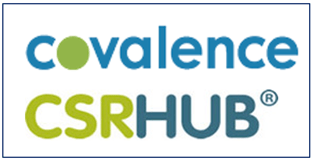
Founded in 2001 in Geneva, Switzerland, Covalence helps investors integrate ESG factors while controlling greenwashing with its AI-powered scoring system and data feeds. The Covalence approach is based on a diversity of sources of information and relies on web monitoring and artificial intelligence together with human analysis. They compare ESG data publicly reported by companies to online narrative content reflecting the perceptions of stakeholders such as the media and NGOs. This approach allows users to track inconsistencies, monitor changes and benefit from timely alternative data.
CSRHub already had data on 97% of the entities that Covalence tracks. CSRHub had been offering overall ratings on 8,333 (93%) of these entities before adding Covalence’ input. The additional information Covalence provided has allowed a few more entities to receive overall scores. (CSRHub does not offer a consensus rating for an entity unless it can do so with an accuracy of plus or minus one rating point at a 95% confidence interval.) Covalence provided CSRHub with 15 ratings elements that range from an overall ESG rating, separate E, S, and G ratings, and several interesting detail scores such as “Social impact of product” and “Emissions effluent and waste.”
Covalence seeks to incorporate forward-looking analysis into its scores. CSRHub’s ratings are by nature, backwards looking, as they rely on the input of hundreds of expert sources. It was encouraging to see that Covalence’s scores for a particular point in time (October 2020) had a high correlation (42%) with the ratings CSRHub published for that period. (The CSRHub rating was published on December 25.)
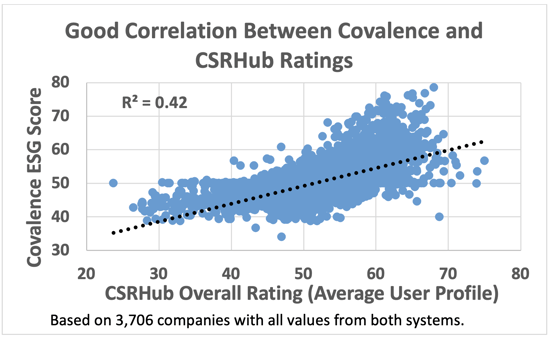
(CSRHub can often generate an overall rating, even when it is not yet able to calculate one or more of its twelve subfactor ratings. However, to make comparisons consistent throughout this discussion, we elected to use only the 3,706 companies that had both overall CSRHub ratings and scores for all 12 of its subfactors. Inspection of individual factors that included all examples showed no significant difference from the results with the trimmed data set.)
We looked at the E, S, and G pillar scores from Covalence and compared them to the twelve factors that CSRHub generates. We found that Covalence’ E score was tied most strongly to CSRHub’s Environment Transparency & Reporting rating.
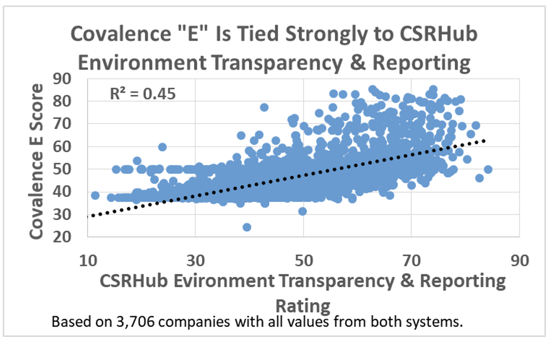
However, Covalence offers other environment-related scores that appear to tie to some of the other factors CSRHub tracks in this area. For instance, Covalence’s Resources Rating has a modest correlation with CSRHub Environment-area Resource Management rating.
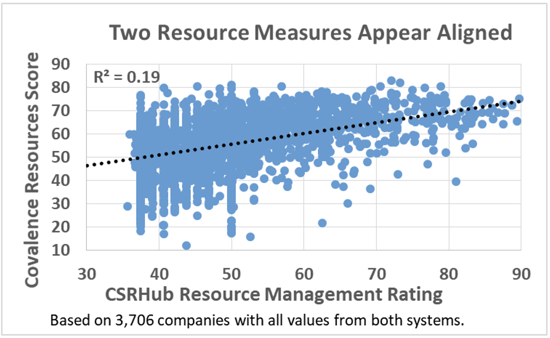
All three of CSRHub’s Governance-related factors seem to relate to Covalence’s Governance rating. The correlation is at the low end of the analysis above (19%), but the F score is high (285). CSRHub’s Board, Leadership Ethics, and Transparency and Reporting ratings are all positive correlated with the Covalence G score. The Board rating factor seems to have the biggest impact—Leadership Ethics has less connection than Transparency and Reporting.
Finally, we compared all six of CSRHub Social area ratings with Covalence’s S score. The following table shows that three of CSRHub’s factors drive more than 40% of the variation in the Covalence score.
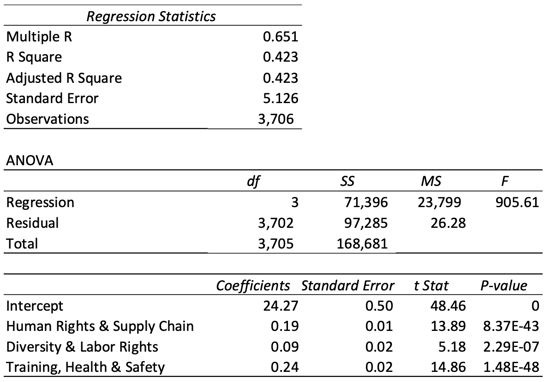
There are some places where Covalence and CSRHub’s systems seem fairly different. For instance, the Covalence Product Impact Rating has a poor correlation with CSRHub’s Product rating.
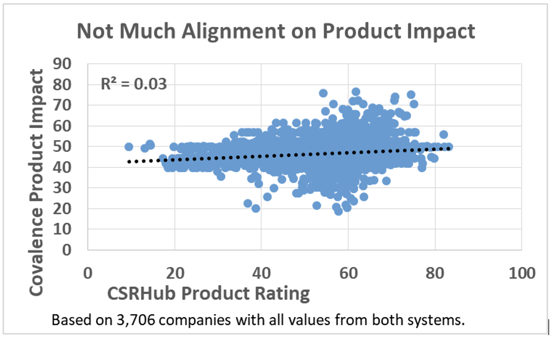
However, this type of divergence helps broaden CSRHub’s system by exposing it to new approaches to measuring sustainability-related company performance. We expect continued growth in interest among ESG-oriented investors and financial analysts in the Covalence data set. We suspect corporate managers will also be interested to learn more about Covalence’ perspective on their performance. They may also benefit from seeing how Covalence has rated their peers and competitors.
For more information: Covalence SA Antoine Mach, Managing Partner & Co-founder; Tel: +41 (0)22 800 08 55; antoine.mach@covalence.ch
CSRHub offers one of the world’s broadest and most consistent set of Environment, Social, and Governance (ESG) ratings, covering 18,000 companies. Its Big Data algorithm combines millions of data points on ESG performance from hundreds of sources, including leading ESG analyst raters, to produce consensus scores on all aspects of corporate social responsibility and sustainability. CSRHub ratings can be used to drive corporate, investor and consumer decisions. For more information, visit www.CSRHub.com. CSRHub is a B Corporation.
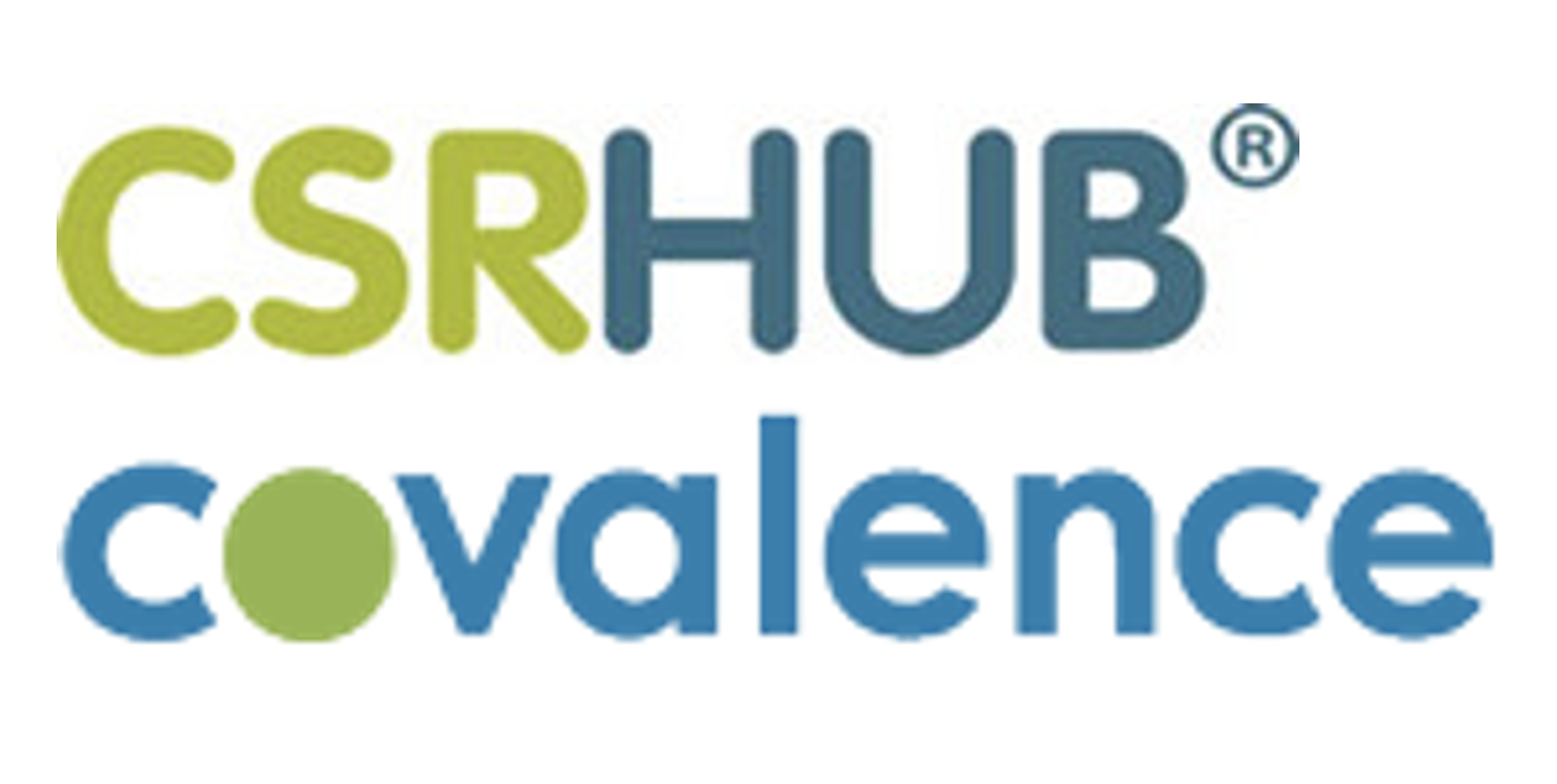
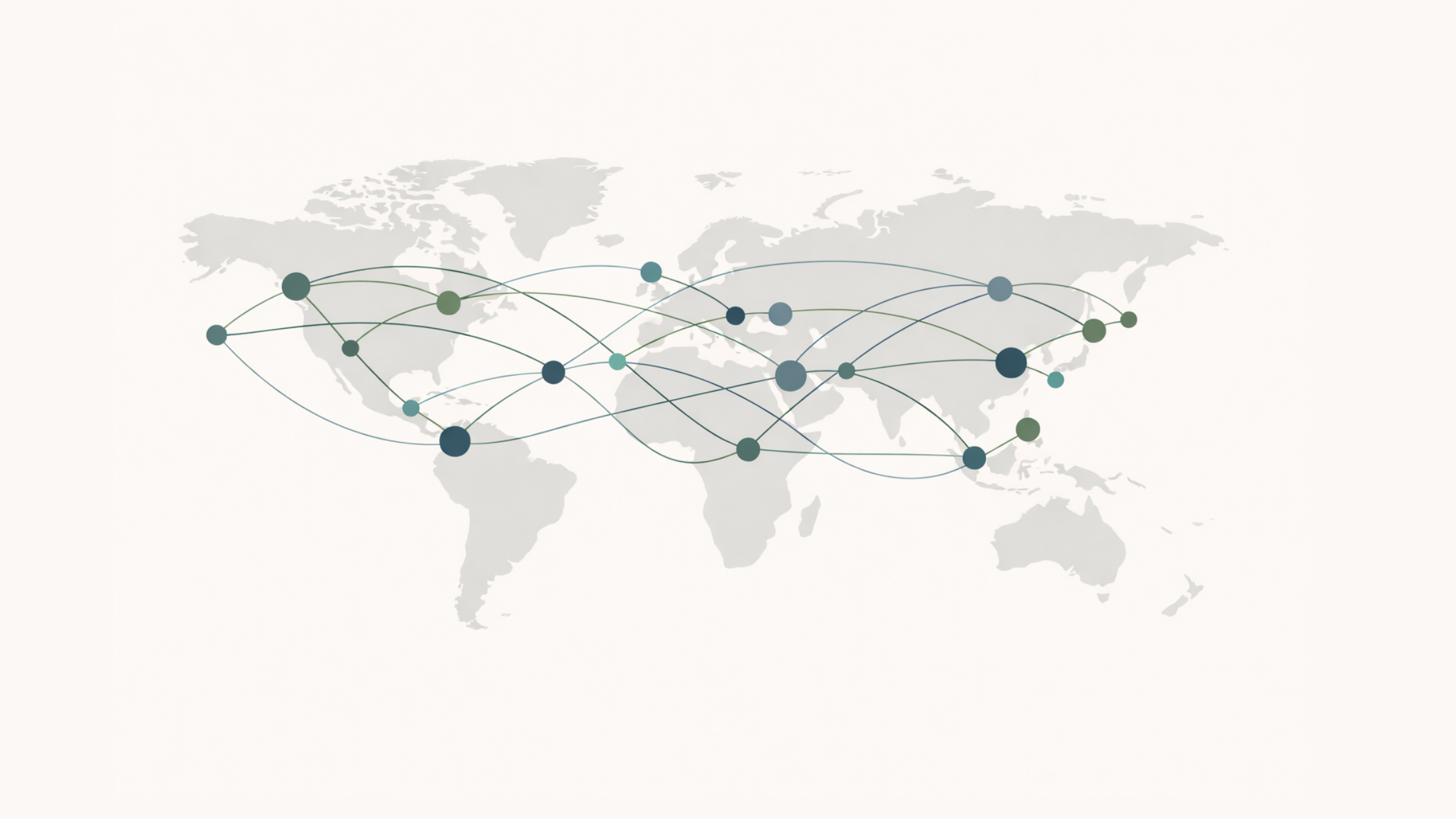
.png)
